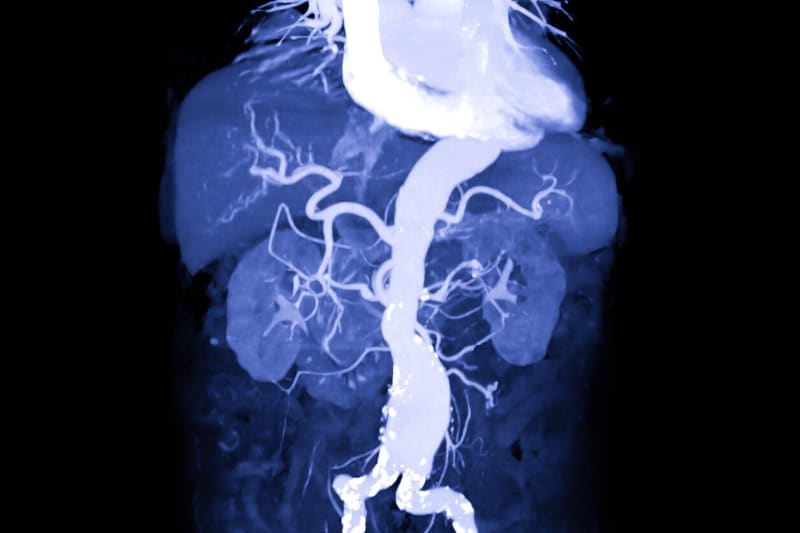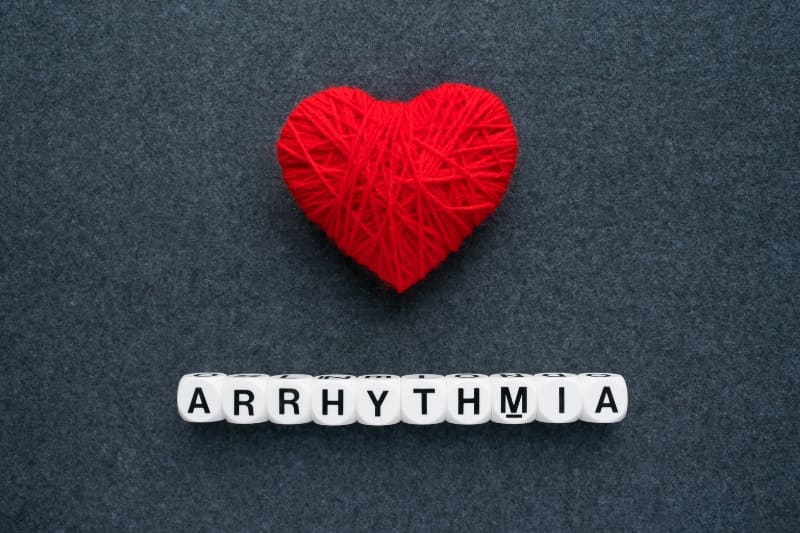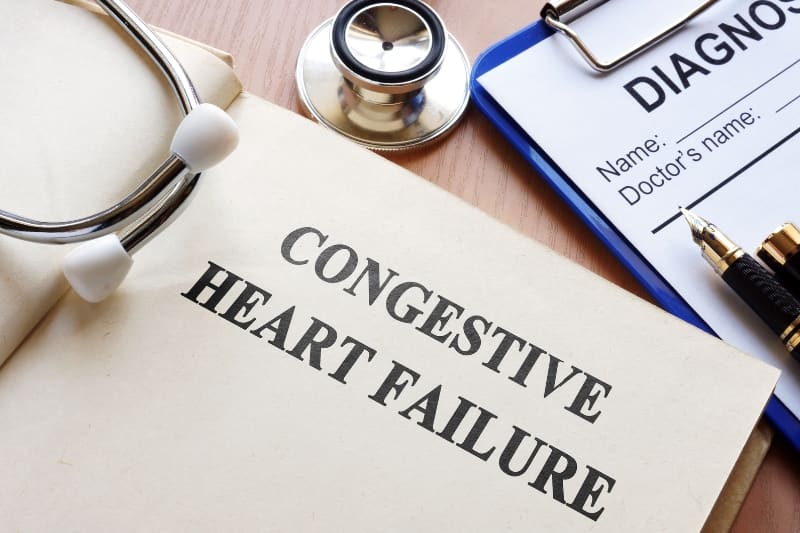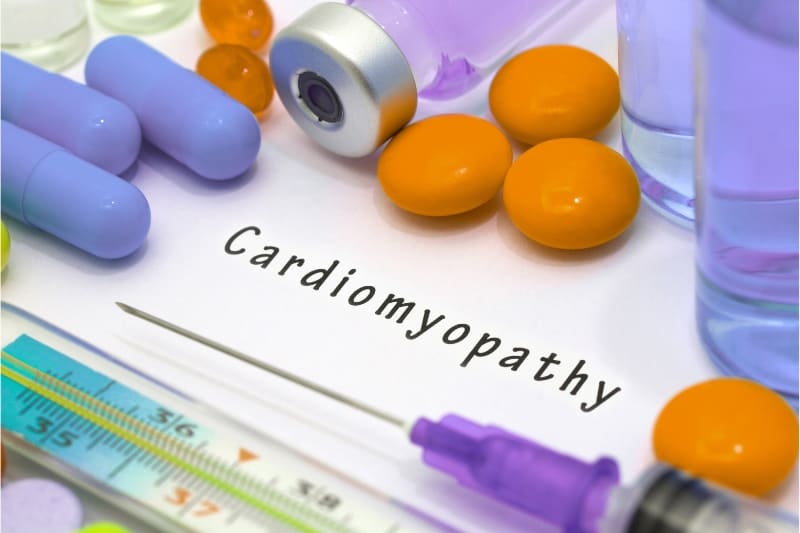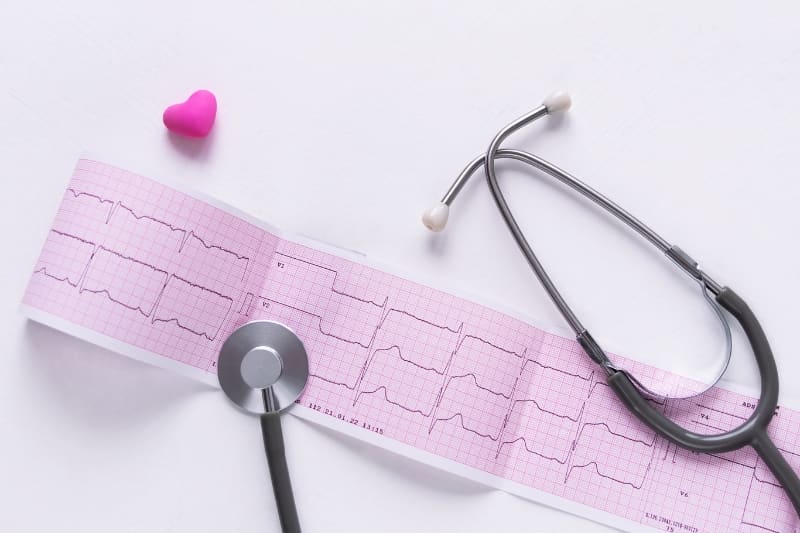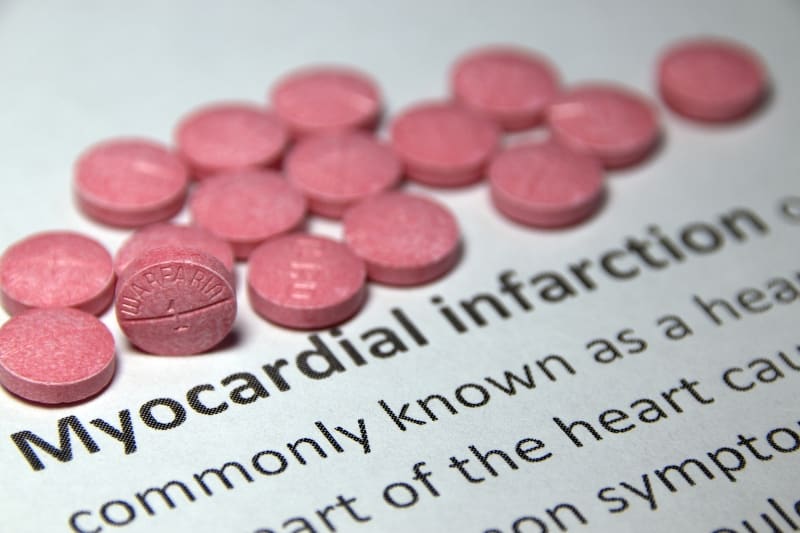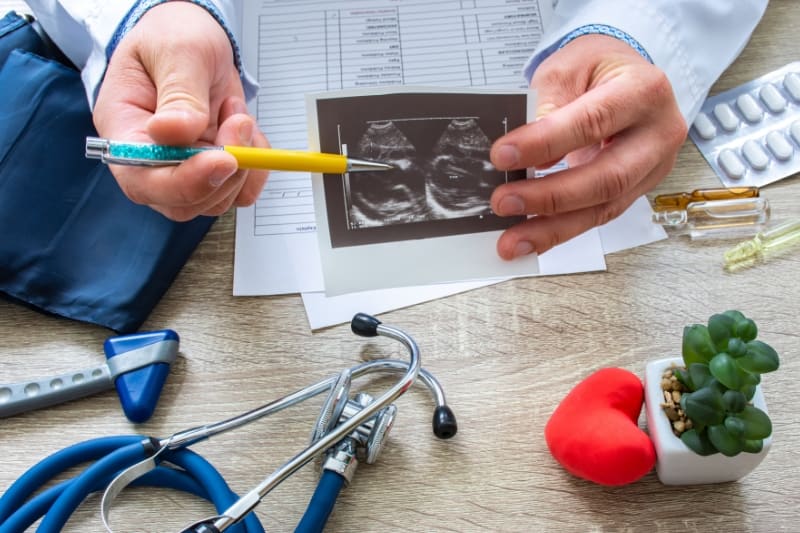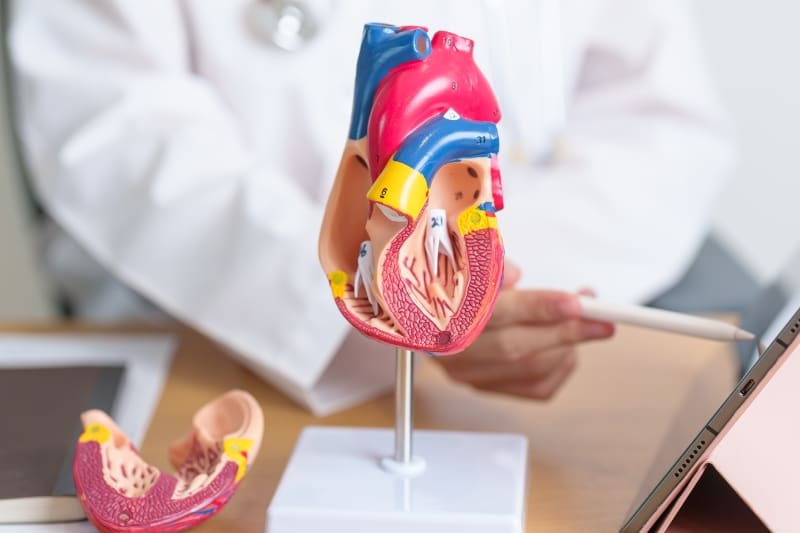
Angina
Angina is chest pain or discomfort that occurs if an area of your heart muscle doesn’t get enough oxygen-rich blood. To diagnose angina, your healthcare provider will ask you about your symptoms and may order blood tests, take an X-ray image, and do tests, such as an electrocardiogram (ECG) or an exercise stress test, to find out how well your heart is working.

